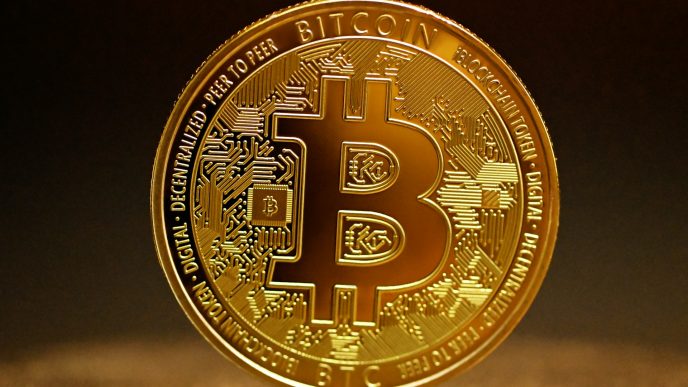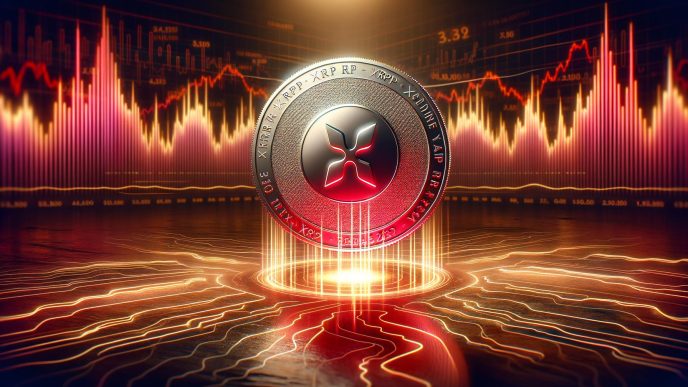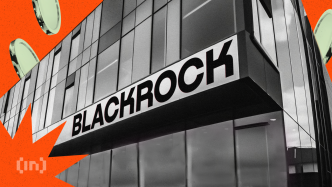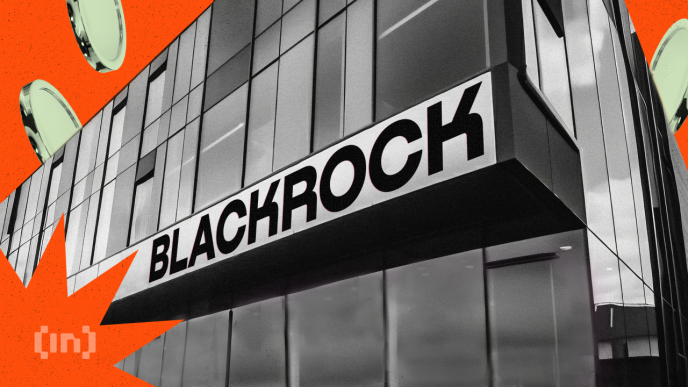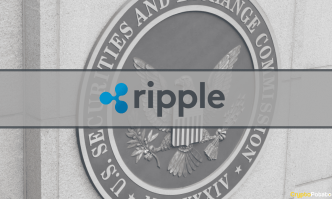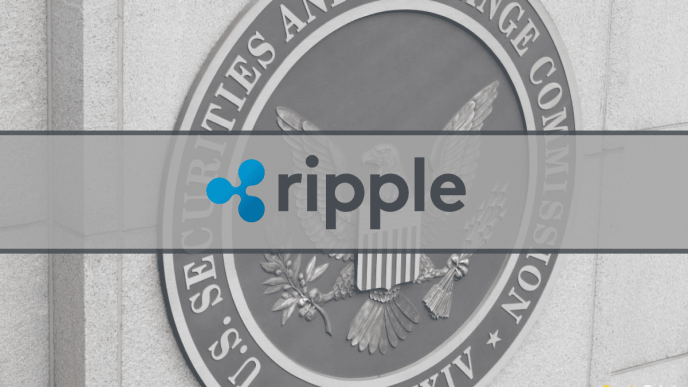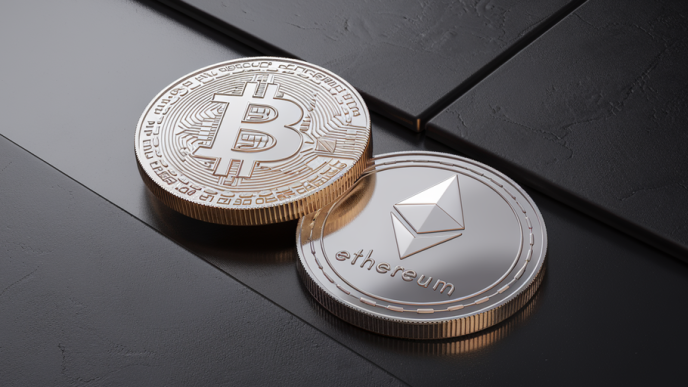HodlX Guest Post Submit Your Post
The 2024 Presidential election of the United States is only a couple of months away.
With Joe Biden out of the race, Kamala Harris and Donald Trump from the Democratic and Republican parties, respectively, remain the top contenders for the leadership of the most powerful country in the world.
Interestingly, for the first time, the blockchain industry is a key voting bloc that could play a very important role in the emergence of the 47th President of the United States.
Usually, stakeholders in the blockchain industry, including Web 3.0 users and cryptocurrency enthusiasts, maintain a reserved stand on politics.
Ethereum co-founder Vitalik Buterik even recently sounded a note of warning against voting for candidates simply on the basis of their allegiance to decentralized technologies.
However, the stakes are higher for the upcoming elections.
The right candidate could mean the difference between a relapse into the stifling “regulation by enforcement” environment the industry currently battles under the Biden administration or a renewed approach that will drive innovation and sustain investor’s interest.
The voting significance of the blockchain/crypto community is also not lost to the Democratic and Republican parties, as contestants from either side have made moves to appeal to major industry stakeholders.
All of these underline a crucial question Which candidate is better for the advancement of blockchain/Web 3.0 interests in the United States?”
To get a better context, let’s look at the industry’s current state.
Pre-elections
Thirty-eight percent of workers in the United States admit to using blockchain technology in their businesses, while over 40% of American adults own cryptocurrency.
With the approval of Bitcoin ETFs earlier this year, there has been increased nationwide interest in digital assets and cryptocurrency.
However, blockchain in the United States continues to grapple with a tricky landscape.
Unclear regulatory guidelines, a perceived ‘operation choke point 2.0’ and the determined attempts of the SEC (Securities Exchange Commission) under Gary Gensler to clamp down on “unregistered securities” have seen Coinbase, Ripple and Terra Labs, among others, slammed with contentious lawsuits.
The ideal presidential candidate, among other things, would address policy change, promote fair regulations and encourage pro-blockchain development.
The Trump option
Key industry players like Ryan Selkis, the CEO of Messari, the Winklevoss brothers of Gemini, Elon Musk and many others consider former President Donald Trump as the ideal choice for blockchain innovation.
And with good reason. Trump has been increasingly vocal in supporting digital assets and blockchain technology.
A major highlight was the last Bitcoin conference in Nashville, where he made the headlines for his position in the industry and his newfound love for crypto.
But this was not the case just a few years back.
During his tenure as the President of the United States in 2021, Trump came down heavily on crypto in a post on X, where he clearly stated he was not a fan of digital assets.
His change of mind and explicit declaration of support for blockchain has been a rallying call that has reflected positively on public polls.
Beyond verbal reassurance, the republican nominee’s financial disclosure documents reveal he has over a million dollars investment in Ethereum and three separate NFT collections that have made over $7.5 million in sales.
His campaign team has also encouraged and received donations in crypto to the tune of $25 million at the end of July 2024.
At the Bitcoin conference, Trump also commented about firing Gery Gensler, prioritizing blockchain tech growth in the US and shutting down CBDCs (central bank digital currencies).
These and many more of Trump’s bold and vocal stance on the blockchain have endeared him to the crypto majority and positioned him as a much-needed ally to turn the tide politically.
Kamala Harris
However, Polymarket, the world’s largest decentralized prediction market, shows a keenly contested battle ahead, with Kamala Harris trailing only a few points behind Trump.
Harris clinched the presidential nomination of the democratic party after Joe Biden stepped down and is vying to become the first female President of the United States.
Unlike Trump, Kamala Harris has refrained from any public commentary on how to approach the blockchain industry.
Similarly, the recently released 92-page official platform of the DNC (democratic national committee) had no direct or implied mention of blockchain, crypto or digital assets, sparking rumors that Kamala Haris may toe the Biden line.
On the flip side, however, there are already positive signs that a democratic presidency may favor blockchain sentiment, especially with ongoing efforts from the DNC to reach out and interact with industry stakeholders.
Billionaires like Mike Cuban, with extensive investments in Web 3.0 companies including Polygon, OpenSea and Arbitrum, are also betting on the democratic candidate.
In addition, the commitment of Tim Walz, Harris’s running mate, to clean energy policies could significantly shape the future of crypto mining and pave the way for a more environmentally sustainable approach.
The personal stance of Harris concerning the blockchain industry, however, remains unclear and may be the biggest drawback for moderate voters and the younger, more tech-savvy demography.
Beyond elections
In the broader tech ecosystem especially with the emergence of AI, the impact of which is currently sweeping access to all sectors what will Trump or Harris’s win mean for solutions incorporating blockchain technology?
Since its explosive resurgence last year, AI (artificial intelligence) has highlighted the need for decentralized technologies to bridge the infrastructural and computing gap that traditional tech companies have not been able to fill.
Decentralized marketplaces and DePIN (Decentralized Physical Infrastructure Networks) have enjoyed growing popularity in the past year due to their affordability and competitive edge, especially in executing AI projects.
However, a tight leash on AI development will spill over to blockchain, limiting the potential capabilities of Web 3.0 and DePIN.
An elected Trump will be actively seeking a repeal of the 2023 Biden AI executive order in a bid to loosen the reins and give more room for development.
While this is good news for innovation, critics are concerned about the potential deleterious effect of unchecked growth in the AI sector.
The explosive pace of acceleration of generative AI technology although capable of yielding short-term gains for Web 3.0 may create new social problems.
Take, for example, the emergence of dangerously accurate deep fakes.
On the other hand, democratic Harris will most likely seek to uphold the executive order, pushing for more guidelines to structure the sector with emphasis on consumer protection laws an approach sources claim the majority of Republican and Democratic voters inherently support.
Rounding off
November 5th, 2024, is gearing up to be a pivotal moment for the future of Web 3.0 in the United States.
With blockchain as a major talking point, regulatory clarity and the perceived ability to implement favorable policies will play a crucial role in the outcome of the elections.
Currently, only the Trump candidacy has articulated and maintained these ideals.
Therefore, except for a last-minute solid pro-blockchain move by the democratic team, Donald Trump remains the prime choice for many industry stakeholders and enthusiasts.
Daniel Keller is the CEO of InFlux Technologies and has more than 25 years of IT experience in technology, healthcare and nonprofit/charity works. He successfully manages infrastructure, bridges operational gaps and effectively deploys technological projects. An entrepreneur, investor and disruptive technology advocate, Daniel has an ethos that resonates with many on the Flux Web 3.0 team for the people, by the people” and is deeply involved with projects that are uplifting to humanity.
Follow Us on Twitter Facebook Telegram
Disclaimer: Opinions expressed at The Daily Hodl are not investment advice. Investors should do their due diligence before making any high-risk investments in Bitcoin, cryptocurrency or digital assets. Please be advised that your transfers and trades are at your own risk, and any loses you may incur are your responsibility. The Daily Hodl does not recommend the buying or selling of any cryptocurrencies or digital assets, nor is The Daily Hodl an investment advisor. Please note that The Daily Hodl participates in affiliate marketing.
Generated Image: Midjourney
Source link
Daniel Keller
https://dailyhodl.com/2024/10/02/which-candidate-is-better-for-web-3-0-and-blockchain-trump-or-harris/
2024-10-03 03:40:44




